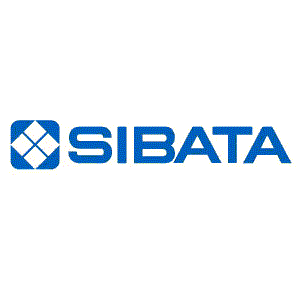There are various types of business governance. Each has its own purpose and benefits, and it is important to understand how that they work before making a decision about a company.
Corporate and business governance is mostly a process that companies use to secure their own passions and ensure they are running effortlessly and properly. It includes insurance plans and rules that all personnel must follow.
Some of these include transparency, liability, ethical business practices and risk management. Every one of these can help a business stay on top of its game and avoid scandals or bankruptcy.
Board of directors
A board of directors is an essential stakeholder in a business corporate governance framework. These directors are sometimes elected or appointed simply by shareholders of a organization, and they produce crucial decisions that impact the long-term health and wellbeing of the organization.
The aboard also establishes the reimbursement of administrators, appoints auditors to search into a provider’s financial affairs and provide fair audit information, and reviews major organization decisions.
3rd party boards
The other type of board is the self-employed board, which is made up of individuals who are definitely not directly connected to the company. These individuals are chosen for their experience in a particular field.
They could be hired or fired as necessary, and they can easily remove directors if they presume the company is usually failing to meet its targets.
The plank of owners helps this company maintain its concentrate on its center mission, which is to grow and expand it is business business. They also guarantee the company can be described as safe expense for its traders, and they keep an eye on page the performance coming from all executives and managers.





















